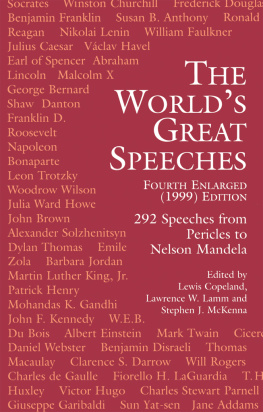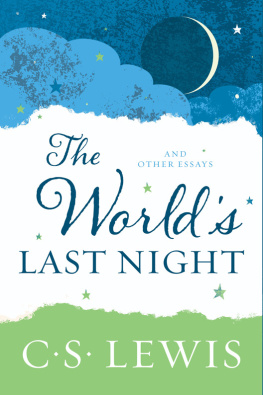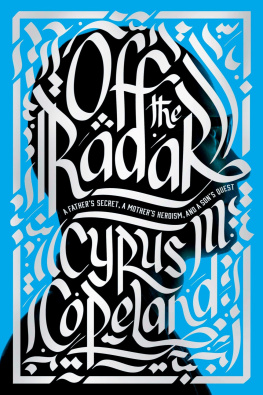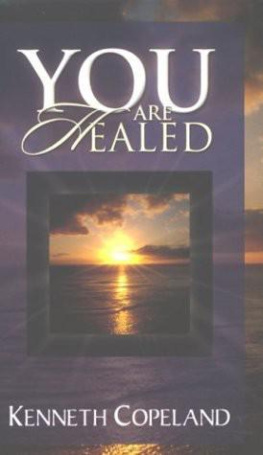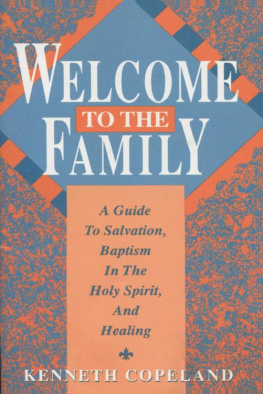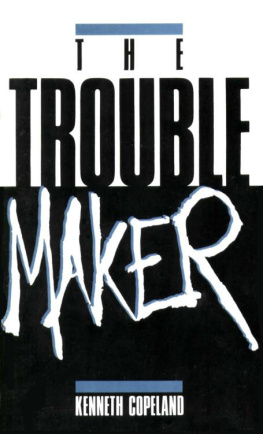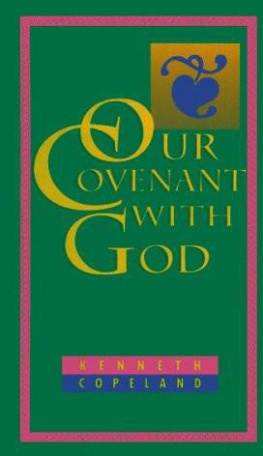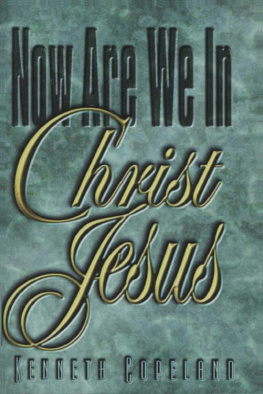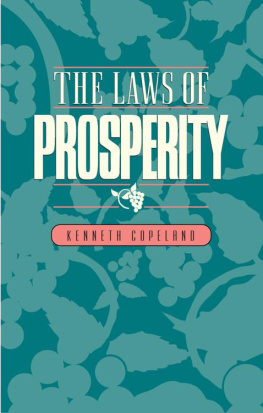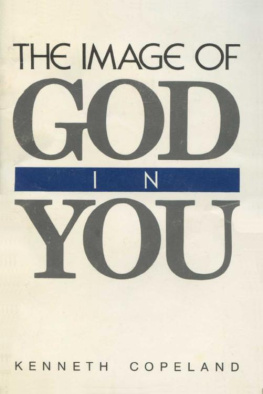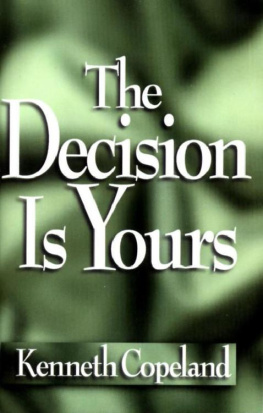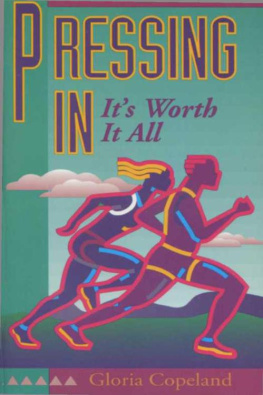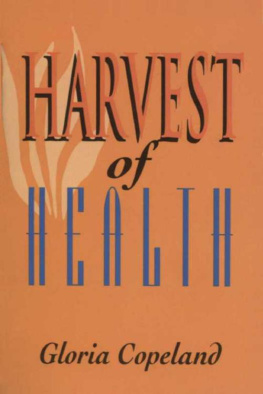Lewis Copeland - The Worlds Great Speeches
Here you can read online Lewis Copeland - The Worlds Great Speeches full text of the book (entire story) in english for free. Download pdf and epub, get meaning, cover and reviews about this ebook. publisher: Dover Publications, genre: Science. Description of the work, (preface) as well as reviews are available. Best literature library LitArk.com created for fans of good reading and offers a wide selection of genres:
Romance novel
Science fiction
Adventure
Detective
Science
History
Home and family
Prose
Art
Politics
Computer
Non-fiction
Religion
Business
Children
Humor
Choose a favorite category and find really read worthwhile books. Enjoy immersion in the world of imagination, feel the emotions of the characters or learn something new for yourself, make an fascinating discovery.
- Book:The Worlds Great Speeches
- Author:
- Publisher:Dover Publications
- Genre:
- Rating:5 / 5
- Favourites:Add to favourites
- Your mark:
- 100
- 1
- 2
- 3
- 4
- 5
The Worlds Great Speeches: summary, description and annotation
We offer to read an annotation, description, summary or preface (depends on what the author of the book "The Worlds Great Speeches" wrote himself). If you haven't found the necessary information about the book — write in the comments, we will try to find it.
The Worlds Great Speeches — read online for free the complete book (whole text) full work
Below is the text of the book, divided by pages. System saving the place of the last page read, allows you to conveniently read the book "The Worlds Great Speeches" online for free, without having to search again every time where you left off. Put a bookmark, and you can go to the page where you finished reading at any time.
Font size:
Interval:
Bookmark:

The Worlds
Great Speeches
Edited by
LEWIS COPELAND,
LAWRENCE W. LAMM
and
STEPHEN J. McKENNA
Fourth Enlarged (1999) Edition
DOVER PUBLICATIONS, INC.
Mineola, New York
Acknowledgment
Earl of Spencer: Tribute to Diana, Princess of Wales, London, England, 1997, is reprinted with permission of the Author.
Copyright
Copyright 1999 by Dover Publications, Inc.
All rights reserved.
Bibliographical Note
This Dover edition, first published in 1999, is a revised and enlarged republication of the third revised and updated edition published by Dover Publications, Inc., in 1973. The book was first published by Doubleday & Co., Inc., in 1942. Part VII, Important Speeches of 1974-1997 has been added in the 1999 edition, as has a new Introduction.
Library of Congress Cataloging-in-Publication Data
The worlds great speeches / edited by Lewis Copeland, Lawrence H. Lamm, and Stephen J. McKenna. 4th enl. 1999 ed.
p. cm.
eISBN-13: 978-0-486-13283-9
1. Speeches, addresses, etc. I. Copeland, Lewis. II. Lamm, Lawrence W. III. McKenna, Stephen J.
PN6121.W66 1999
808.85dc21
99-32880
CIP
Manufactured in the United States by Courier Corporation
40903107
www.doverpublications.com

TO THE THIRD ENLARGED EDITION
The editors welcome this opportunity to bring The World's Great Speeches up to date once more, by the addition of , Important Speeches of the Sixties.
All of the speeches included in the Revised Edition of 1958 are present here in the same sequence and grouping as before. The new material appears in the later pages of the book.
In choosing addresses for , we have sought, as in the earlier Parts, to present material which is significant historically and culturally and which will be welcome both for reading and reference. Although the largest number of addresses is from the fields of Statesmanship and political life, other areas of wide interest are also represented.
The new Part is divided into two sections: . World Affairs. We commence the Part with President Kennedys memorable Inaugural Address. The sequence in the Part as a whole is basically chronological, but not rigidly so where enhanced reading interest is gained by placing speeches on related or contrasted subjects next to one another.
As in the earlier Parts, a biographical note precedes each speakers section, with a second note where there is more than one address by the same speaker. Thus the occasion on which each address was given is clearly indicated.
We are very glad to be able at this time to include a survey of speeches by black Americans as a supplement at the end of the volume. These addresses, which extend from Henry Highland Garnet (18151881) to Malcolm X (19251965), were selected by Philip S. Foner, professor of history at Lincoln University.
L. W. L.
1972
INTRODUCTION TO THE SECOND EDITION
This revised edition of The Worlds Great Speeches retains all the features which made the first edition a classic in its field, a book popular both for enjoyable reading and as a valuable aid to public speakers.
In preparing this new edition, the publishers have added many outstanding speeches of our own day, speeches delivered during the years since the original edition. Thus, the book is once more a convenient handbook of the best in current spoken thinking on vital national, international, political, economic, and cultural topics, as well as a treasury of the great spoken thoughts of earlier times right through history.
The organization of the book differs somewhat from that of the original edition as described in the Introduction to the First Edition, which we retain as a statement of the philosophy of selection used then and continued in choosing the additions for the Revision.
We wish to point out that the book is now divided into four major sections. on International Affairs are presented in an informal setting and may therefore be considered examples of informal speeches. This is true of the talks by Dylan Thomas, Frank Lloyd Wright, and Adlai E. Stevenson to the graduating class at Smith.
As in the original edition, at the end of the book the reader will find an Index of Topics, an Index by Nations, and an alphabetical Index of Speakers. The Topical Index will be especially convenient for those who wish to use the book as a guide in the planning of their own public addresses, or for locating quotable passages on specific subjects.
It is the hope of the editors that the Revised Edition will prove in every way as valuable and interesting as the original book and that its welcome will be increased by the inclusion of so many outstanding and varied present-day speeches.
L. W. L.
1958
INTRODUCTIO TO THE FIRST EDITION
EACH CRISIS brings its word and deed, said Whittier.
Human history is primarily a record of important and dramatic events, which have often been profoundly affected by great speeches. From the days of Greece and Rome to our own day, oratory and statesmanship have gone hand in hand. Many men of the sword have been noted also for their stirring eloquence.
Speeches have their origins in antiquity. Perhaps the funeral oration was the first public utterance. As mans progress developed, the need for speech-making increased. The more gifted speakers became the lawmakers and leaders. By the time civilization flowered in Athens, oratory became a fine art of government and culture. And so it has continued to our own stormy times.
In making the selection for this volume care has been exercised to include not merely the famous masterpieces of eloquence but also the great historic addresses which are noteworthy for their powerful thought and logical presentation. This collection therefore embraces practically all forms of oratoryfiery and impassioned speeches, learned and philosophic speeches, reflective and poetic speeches, satirical and humorous speeches.
The book has been divided into two major sections. The first section includes the great speeches of earlier times. Here will be found the moving farewell of Socrates, speeches of Demosthenes, Cicero, and other noted orators of Greece and Rome. This section continues with the great orations of the European continentthe religious masterpieces of Luther, Calvin and Pope Leo , the flaming orations of the leaders of the French Revolution, the ennobling utterances of Kossuth, Gambetta, and Zola, and the many others whose speeches are an important part of European history.
This first section also contains the famous speeches of Great Britain and the United Statesunder separate headingsdown to the end of the First World War. In the British chapter will be found the great speeches of Burke, Pitt, Sheridan, Cobden, Bright, Gladstone and Disraeli,.as well as those of the leaders of the First World War.
The American chapter is quite comprehensive. Here may be heard the eloquent voices of Patrick Henry, Samuel Adams and other leaders of the Revolution; the convincing logic of Hamilton, Madison, Marshall and others favoring or opposing the Federal Constitution; the great debates over slavery and secession between Webster, Calhoun, Sumner, Clay, Douglas and Lincoln; the masterpieces of Americas later great orators Ingersoll, Bryan, Beveridge, Debs and many more. The historic Presidential addresses of Washington, Jefferson, Jackson, Lincoln, Cleveland, Wilson are a noteworthy part of this chapter.
Font size:
Interval:
Bookmark:
Similar books «The Worlds Great Speeches»
Look at similar books to The Worlds Great Speeches. We have selected literature similar in name and meaning in the hope of providing readers with more options to find new, interesting, not yet read works.
Discussion, reviews of the book The Worlds Great Speeches and just readers' own opinions. Leave your comments, write what you think about the work, its meaning or the main characters. Specify what exactly you liked and what you didn't like, and why you think so.

